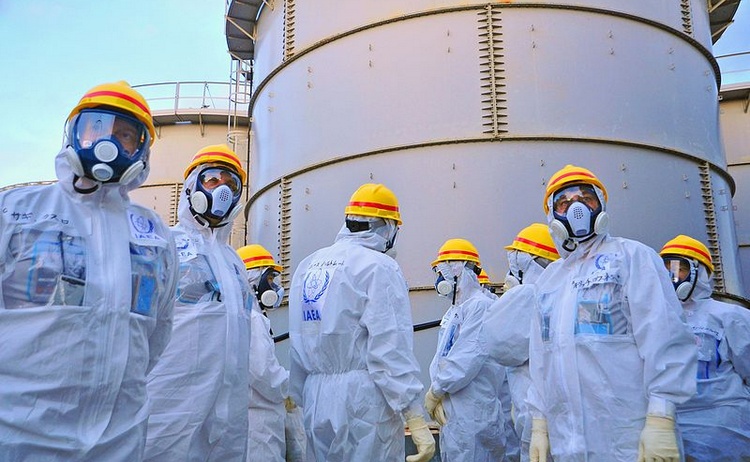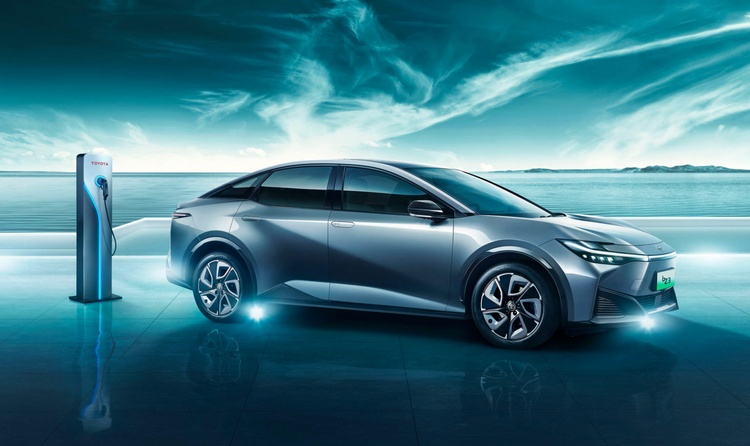July 5 NEC Energy News
¶ “Japan Will Soon Release Fukushima Radioactive Water Into The Ocean. How Worried Should We Be?” • TEPCO has built over 1,000 massive tanks to contain what is now 1.32 million metric tons of wastewater – enough to fill over 500 Olympic pools. It is running out of space for new tanks, so it will release water with tritium in it. [CNN]

¶ “Russia, Ukraine Accuse Each Other Of Plotting Imminent Attack On Nuclear Plant” • Russia and Ukraine accused each other of plotting to stage an attack on the Zaporizhzhia nuclear power station, which was taken over by Russia at the beginning of the war. With six reactors, the Zaporizhzhia plant is Europe’s largest nuclear facility. [MSN]
¶ “Missouri S&T Will Ask St Louis Area Residents For Opinions About Nuclear Waste” • Missouri University of Science and Technology wants to know what people around St Louis think about nuclear waste. It got a $2 million grant from the US DOE to study the issue. The Yucca Mountain repository in Nevada is off the table, and a facility is needed. [STLPR]
¶ “Underestimating Climate Change Is A Costly Mistake For Crop Production” • A new study published in Nature Communications suggested that we may be underestimating the risks of harvest failures in multiple global breadbaskets. This failure could have serious consequences across the world for food security, prices, and social stability. [Nature World News]
¶ “Toyota Claims Solid-State Battery Has 745 Mile Range, 10 Minute Charging Time” • Toyota said it has simplified the production of the material used to make solid-state batteries, with a discovery that could dramatically cut charging times and increase driving range. It the weight, size, and cost of batteries could be cut in half. [CleanTechnica]

¶ “Climate Change: World’s Hottest Day Since Records Began” • The world’s average temperature reached a new high on July 3, topping 17°C for the first time. Scientists say the reading was the highest in any instrumental record dating back to the end of the 19th century. The high heat is due to a combination of the El Niño and emissions of CO₂. [BBC]
¶ “Germany Achieves Record 57.7% Renewable Energy Share In Net Power Generation For First Half Of 2023, Fraunhofer Study Finds” • The findings of a Fraunhofer study show that renewable generation constituted 57.7% of the net electricity generation for the German power supply, an increase from 51.8% recorded in the same period of 2022. [SolarQuarter]
For more news, please visit geoharvey – Daily News about Energy and Climate Change.
